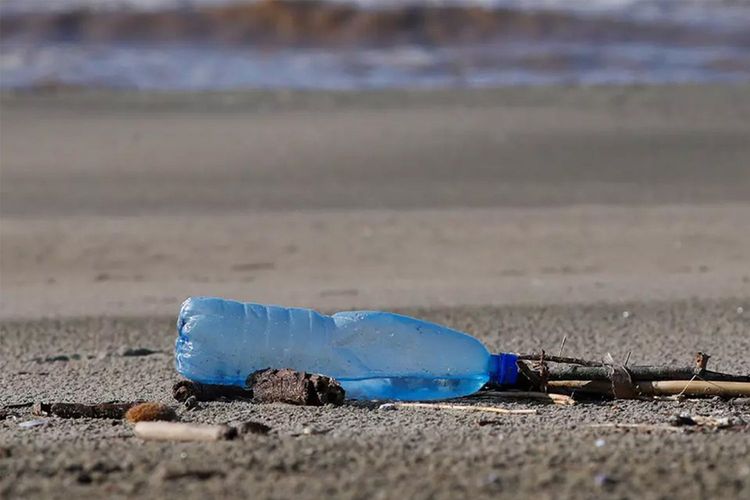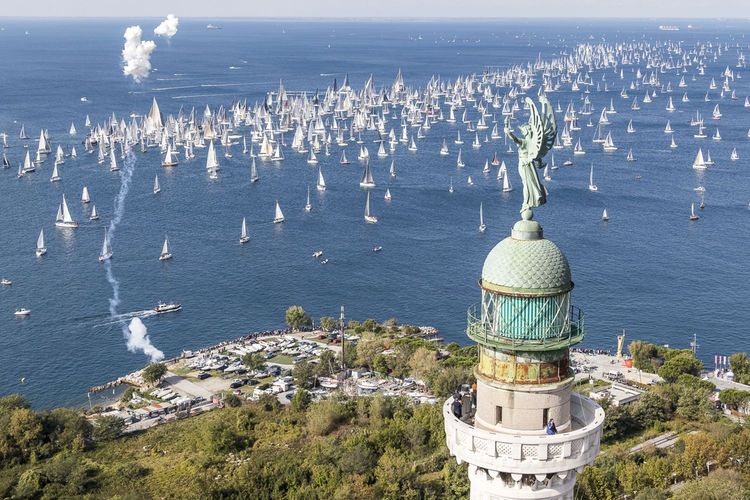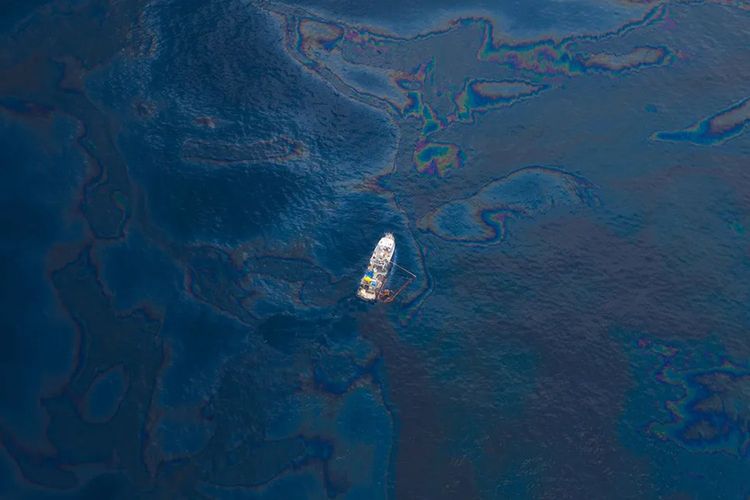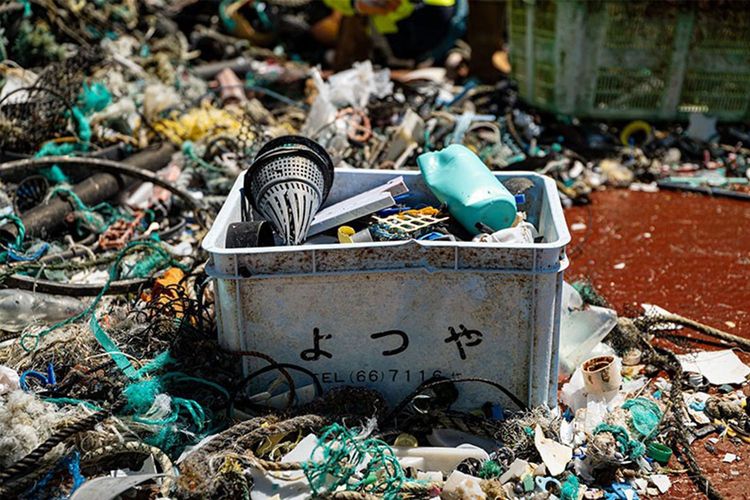
The Mediterranean Sea is considered a hot spot for plastic pollution. This is likely due to its densely populated coastlines, fishing, shipping, tourism, and a limited outflow of surface water to the Atlantic. At the same time, the Mediterranean is rich in biodiversity, making it an area of concern for the conservation of marine ecosystems.
A team of researchers has developed a model to track the pathways and estimated that the total annual plastics load going into the Mediterranean is approximately 17,600 tons, of which 3,760 tons are currently floating debris and of the total, 84% ends up on beaches and the remaining 16% ends up in the water column or the sea floor. The use of predictive models is critical for the designation of successful ecosystem-based management plans and policies for the mitigation of plastic pollution.


